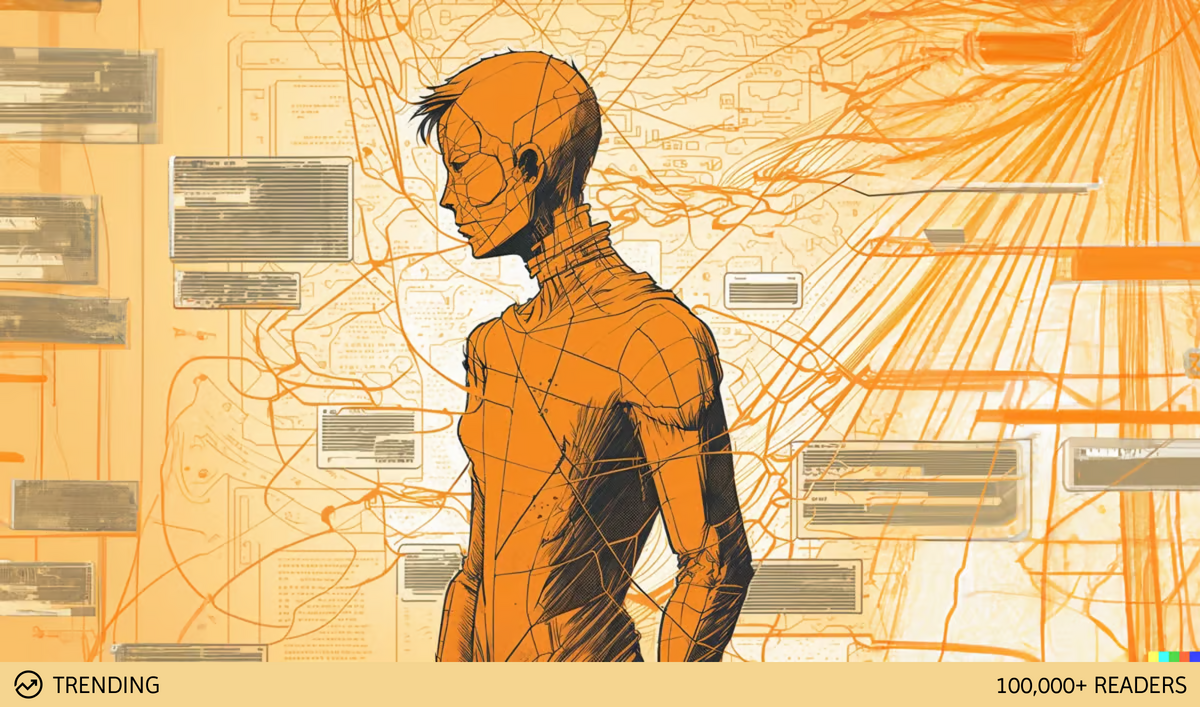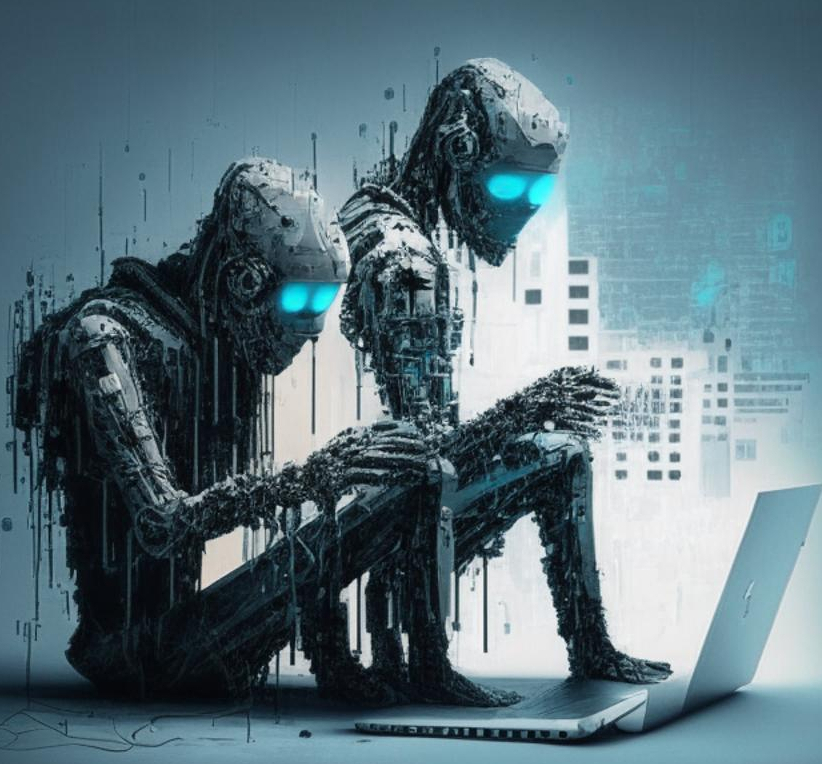INFORMATION ABOUT Autonomous Agents.🦾
 Shivam Sharma
Shivam Sharma
What are autonomous agents? Why are they such a big opportunity? How do they work? What does this look like in the future? How can I meet other people interested in autonomous agents?
- Autonomous agents?
Autonomous agents are AI-powered programs capable of operating independently, setting objectives, creating and prioritizing tasks, and completing them without constant human guidance. They act as intelligent digital assistants, analyzing their environment and making decisions. For instance, in a smart home, an autonomous agent can monitor temperature, and occupancy, and adjust settings for comfort and security. Real-life examples include personal assistants like Siri or Alexa, which understand voice commands, retrieve information, and adapt to user preferences using predefined algorithms and machine learning models. These agents empower us with intelligent automation and seamless interaction.
“The future of autonomous agents looks like everybody becoming a manager.”
Autonomous agents can be designed to do any number of things, from managing a social media account and investing in the market to coming up with the best children’s book.
Yes, I know it sounds like science fiction, but these are functioning and real. If you can code you can make one in just a few minutes. And it is only the beginning.
From AutoGPT to BabyAGI: Will autonomous agents drive the future of AI?
BabyAGI and AutoGPT are regarded as notable examples of autonomous agents, but it's important to note that BabyAGI falls short of what can truly be considered an AGI Artificial General Intelligence. AGI refers to AI systems that possess human-like capabilities such as acquiring knowledge, problem-solving, and reasoning. In simpler terms, an AGI can engage in conversation, compose music, or play board games. While BabyAGI may not fully embody this definition, it still showcases significant advancements in autonomous agents and their potential to simulate human-like interactions and tasks.
To understand BabyAGI, imagine a program that can do things for you without you giving any instructions. This is perhaps the most definitive aspect of both BabyAGI and AutoGPT. In the case of BabyAGI, it operates via a combination of GPT-4, PineCone, and LangChain – frameworks that are powered by LLMs.

What does this look like in the future?
Personalized AI Assistants: Autonomous agents will become even more intelligent and personalized, understanding our preferences, anticipating our needs, and seamlessly integrating into our daily routines. They will assist us in managing tasks, making decisions, and providing relevant information tailored to our individual context.
Enhanced Automation: Autonomous agents will further automate complex processes across industries. From healthcare and finance to transportation and manufacturing, they will optimize operations, streamline workflows, and increase productivity. This could involve autonomous robots working alongside humans, intelligent systems managing supply chains, and self-driving vehicles revolutionizing transportation.
Collaborative Intelligence: Autonomous agents will not only interact with humans but also collaborate with each other. They will form networks of interconnected agents, sharing knowledge, coordinating actions, and collectively solving complex problems. This collaborative intelligence will lead to unprecedented advancements in areas such as scientific research, space exploration, and disaster response.
Ethical Considerations: As autonomous agents become more advanced, ethical considerations will become increasingly important. There will be a focus on ensuring transparency, fairness, and accountability in their decision-making processes. Regulations and guidelines will emerge to address issues such as bias, privacy, and the impact of AI on society.
Human-Agent Integration: The line between humans and autonomous agents will blur as we integrate them into our daily lives. We may see the rise of brain-computer interfaces, enabling direct communication and interaction with autonomous agents. This integration could enhance our cognitive abilities, provide new forms of entertainment, and open up exciting possibilities for human-machine collaboration.
Why are they such a big opportunity?
Agent Design and Development: Building autonomous agents requires expertise in AI, machine learning, and programming. Professionals skilled in developing agent architectures and designing intelligent algorithms will be in high demand.
Data Science and Analytics: Autonomous agents rely on large volumes of data to make informed decisions. Data scientists and analysts will play a crucial role in extracting insights, training machine learning models, and optimizing agent performance.
Human-Machine Interaction: As autonomous agents become more prevalent, the need for experts in human-machine interaction and user experience design will grow. These professionals will shape how humans interact and collaborate with autonomous agents, ensuring seamless and intuitive experiences.
Ethical Governance: The rise of autonomous agents raises ethical considerations. Specialists in AI ethics, policy, and governance will be needed to address issues such as bias, fairness, and accountability, ensuring the responsible development and deployment of autonomous systems.
AI Strategy and Consulting: Businesses will require strategic guidance on leveraging autonomous agents to enhance their operations and achieve their objectives. AI strategists and consultants will help organizations navigate the opportunities and challenges associated with adopting autonomous agent technologies.
The world is changing fast and I am so excited to dive headfirst into this merging of humanity with artificial intelligence.(like - Humane AI )
Subscribe to my newsletter
Read articles from Shivam Sharma directly inside your inbox. Subscribe to the newsletter, and don't miss out.
Written by

Shivam Sharma
Shivam Sharma
MLOps Expert and Data Science Expert, Building LLM model, Open Source Contributor, and Done some Amazing Projects related to Data Science.